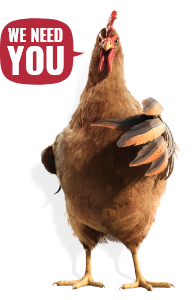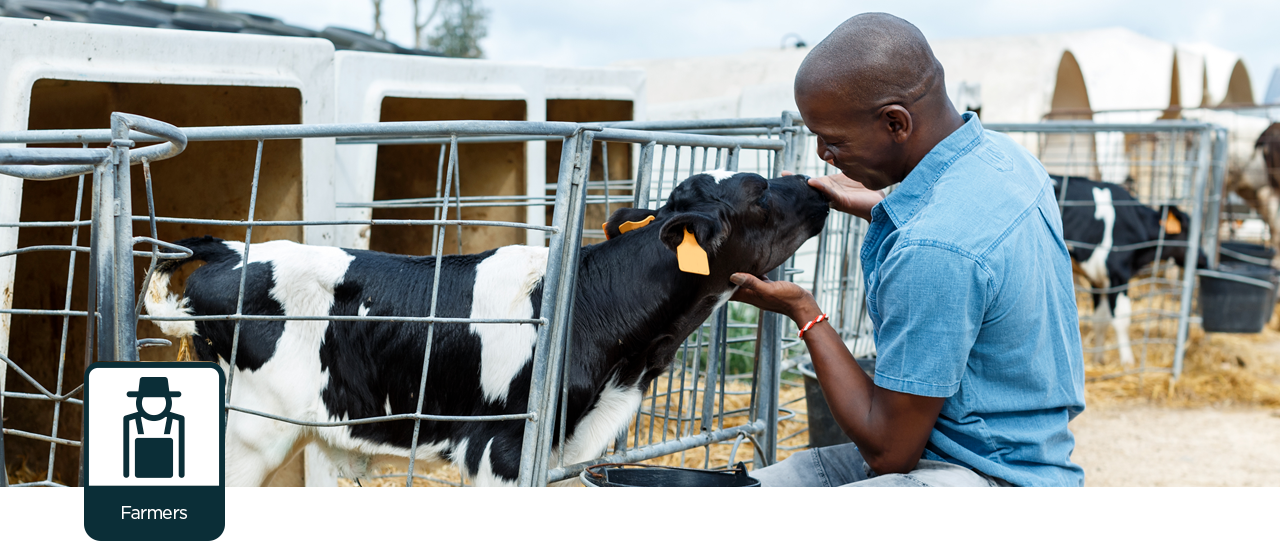Discover dedicated tools designed for you
 ANTIMICROBIALS ARE ESSENTIAL MEDICINES
ANTIMICROBIALS ARE ESSENTIAL MEDICINESto control and treat infection in both
humans and animals.
 BUT THEY ARE LOSING THEIR EFFICACITY
BUT THEY ARE LOSING THEIR EFFICACITYat an increasing rate.
WHAT YOU NEED TO KNOW:
- The risk that disease-causing agents will develop resistance to antimicrobials increases whenever these precious medicines are used inappropriately. Once bacteria are resistant, the antimicrobial is ineffective and can no longer treat the disease. This phenomenon is called antimicrobial resistance (AMR).
- AMR is a threat to the health and welfare of humans and animals, whether aquatic or terrestrial. However, the development of new antimicrobials has not kept pace with the increase of resistance to existing antimicrobials. We need to protect what we have now!
- Continued availability and efficacy of existing antimicrobial classes are essential. Handling these invaluable medicines responsibly and prudently according to OIE international Standards will help maintain their efficacy, and availability for both human and animal health.

We all have a role to play, and YOU, as part of antimicrobial USERS, CAN HELP
- Together, we need to ensure the responsible and prudent use of antimicrobials in animals to preserve their availability and efficacy, and thus preserve human and animal health and welfare. By prioritize good animal husb andry, biosecurity, vaccinations and good hygiene practices we can maintain animal health.
- Tackling pathogen resistance to antimicrobials is a priority objective of the World Organisation for Animal Health (OIE). Through its international Standards, the OIE advocates for responsible and prudent use of antimicrobial agents – essential to human and animal health and welfare – by all animal health actors, including livestock owners and farmers.
Take the Quiz for Farmer or Animal Owner
Test your antimicrobial knowledge!
Livestock owners :
you are the producers
you are the producers

- As food-producing animal owners – whether large scale producers, fish farmers, or the owners of backyard animals – you play a vital role in feeding the planet. You are responsible for providing safe, healthy produce to consumers by looking after the health and welfare of your animals
- Responsible and prudent use includes implementing practical measures and recommendations aimed at the improvement of animal health and animal welfare, while preventing or reducing the selection, emergence and spread of antimicrobial resistance.
Act today to protect the future efficacy of antimicrobials.
Farmers and animal
owners should:
owners should:
- Only use antimicrobials when prescribed by a veterinarian (or other suitably trained person authorised to prescribe veterinary drugs). Not every infection needs to be treated with antimicrobials.
- Follow the exact dosing instructions given by the veterinarian.
- Follow the length of treatment as prescribed – even if the animal seems to have recovered.
- Only obtain antimicrobials from authorised sources that can ensure the quality of the products.
- Apply good animal husbandry, biosecurity and management practices. Animal owners should develop a health plan for their animals with their veterinarian or an animal health professional to protect them from infection.
- Keep adequate written records of all antimicrobials used and of laboratory results.

